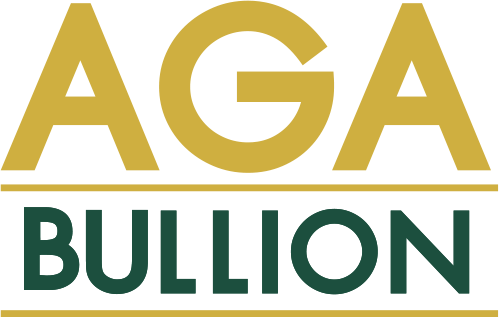1. Services NZ PSI (MAR)- New Zealand
The Business NZ Performance of Services Index (PSI) is a composite index based on the diffusion indexes for sales, new orders, delivered, inventories and employment. A reading above 50 indicates an expansion of the Services sector compared to the previous month; below 50 represents a contraction; while 50 indicates no change.
2. RBA Meeting Minutes – Australia
In Australia, interest rates decisions are taken by the Reserve Bank of Australia's Board. The official interest rate is the cash rate. The cash rate is the rate charged on overnight loans between financial intermediaries, is determined in the money market as a result of the interaction of demand for and supply of overnight funds.
Industrial Production YoY Final (FEB) – Japan
In Japan, industrial production measures the output of businesses integrated in industrial sector of the economy such as manufacturing, mining, and utilities.
3. Interest Rate Decision – Indonesia
In Indonesia the interest rate decisions are taken by The Central Bank of Republic of Indonesia. In April of 2016, policymakers announced the replacement of the official discount interest rate with new 7-day reverse repurchase rate in August 2016. This is the rate at which central banks lend or discount eligible paper for deposit money banks, typically shown on an end-of-period basis.
4. Building Permits MoM (MAR) - United States
Building Permits refer to the approvals given by a local jurisdictions before the construction of a new or existing building can legally occur. Not all areas of the United States require a permit for construction.
5. SNB Chair Jordan Speech- Switzerland
In Switzerland, interest rate decisions are taken by the Swiss National Bank. The official interest rate is the SNB policy rate. The SNB seeks to keep the secured short-term Swiss franc money market rates close to the SNB policy rate. SARON is the most representative of these rates today. As of 13 June 2019, the SNB policy rate replaced the target range for the three-month Swiss franc Libor (London Interbank Offered Rate) previously used in the SNB's monetary policy strategy. The reason for this adjustment was that the Libor was becoming less relevant as the most important reference rate owing to the absence of the underlying money market transactions. From 6 September 2011 to 15 January 2015, the main focus of implementation was on the minimum exchange rate of CHF 1.20 per euro, which the SNB enforced during this period. On 18 December 2014, the SNB decided to impose an interest rate of -0.25% on sight deposit account balances. With the announcement of a negative interest rate, the Libor target range used then was taken into negative territory for the first time, and extended to its usual width of 1 percentage point. On 15 January 2015, the SNB lowered the interest rate on sight deposits to -0.75% and moved the target range downwards to between -1.25% and -0.25%. Negative interest has applied since 22 January 2015 and currently corresponds to the SNB policy rate.







